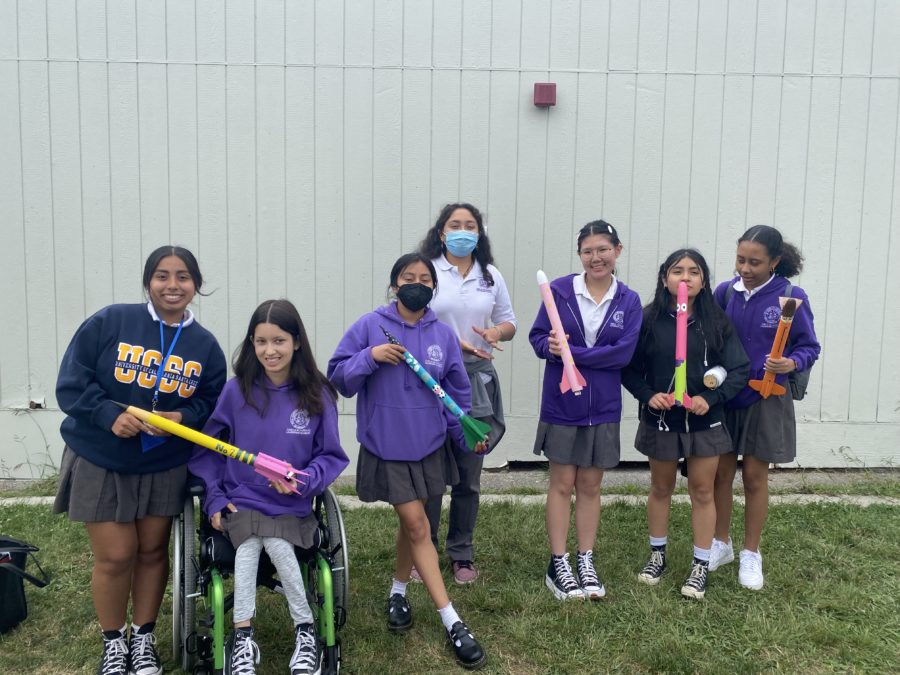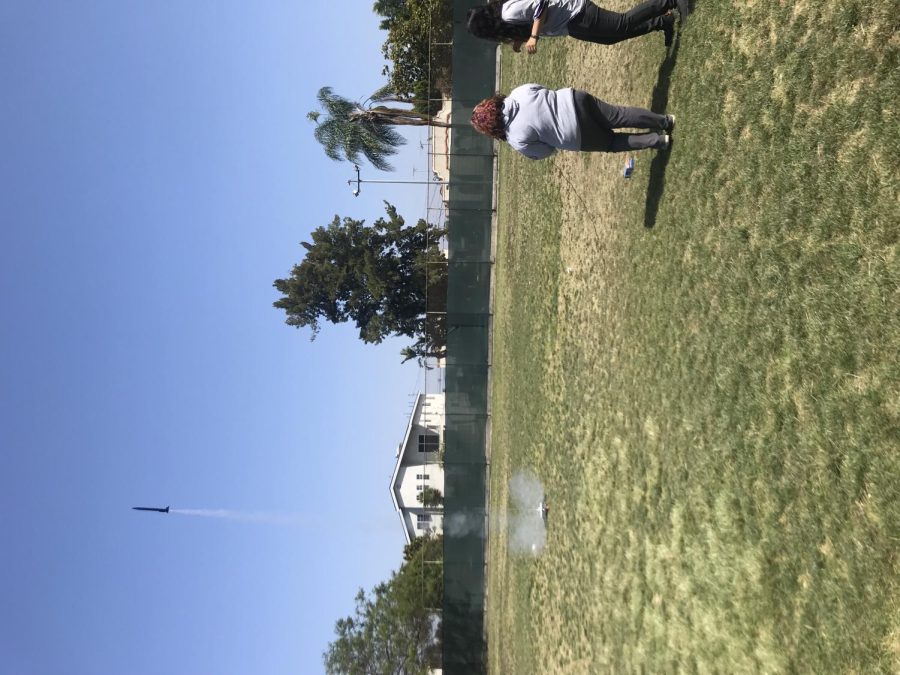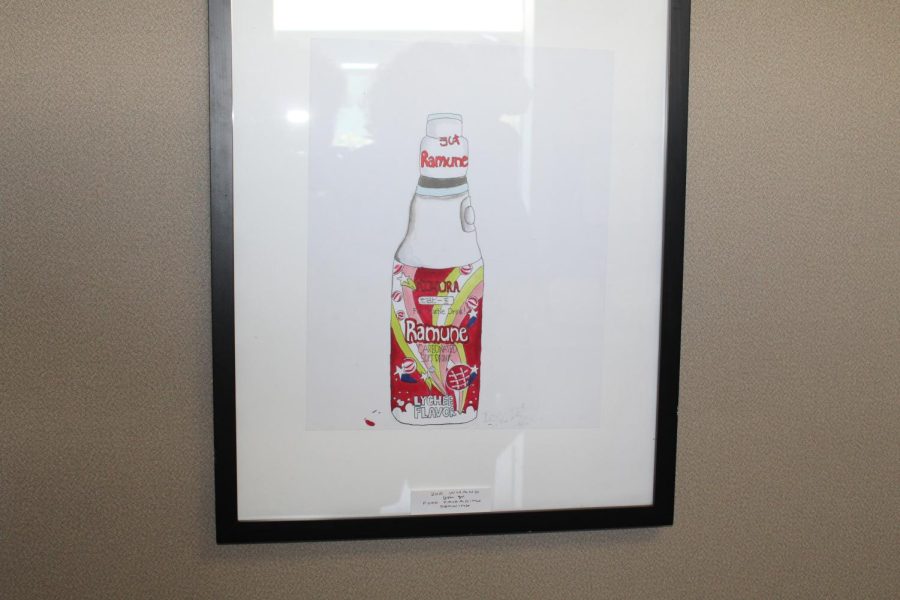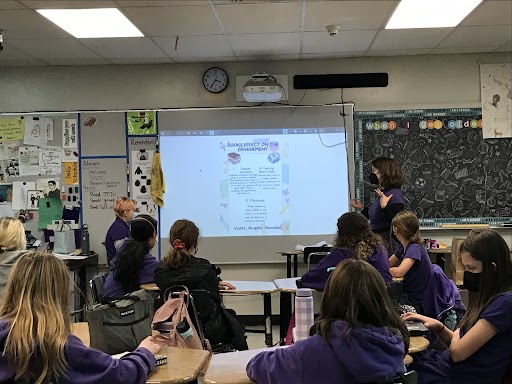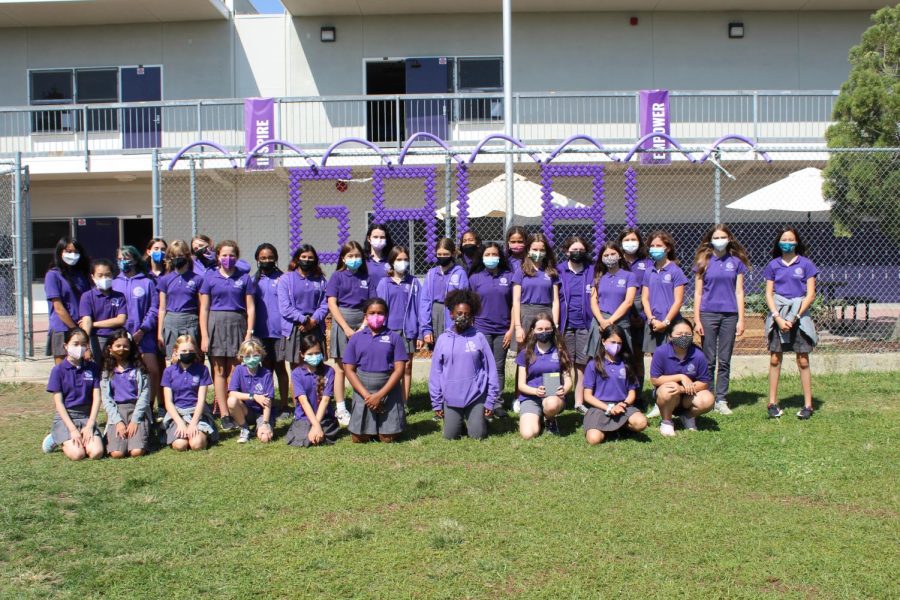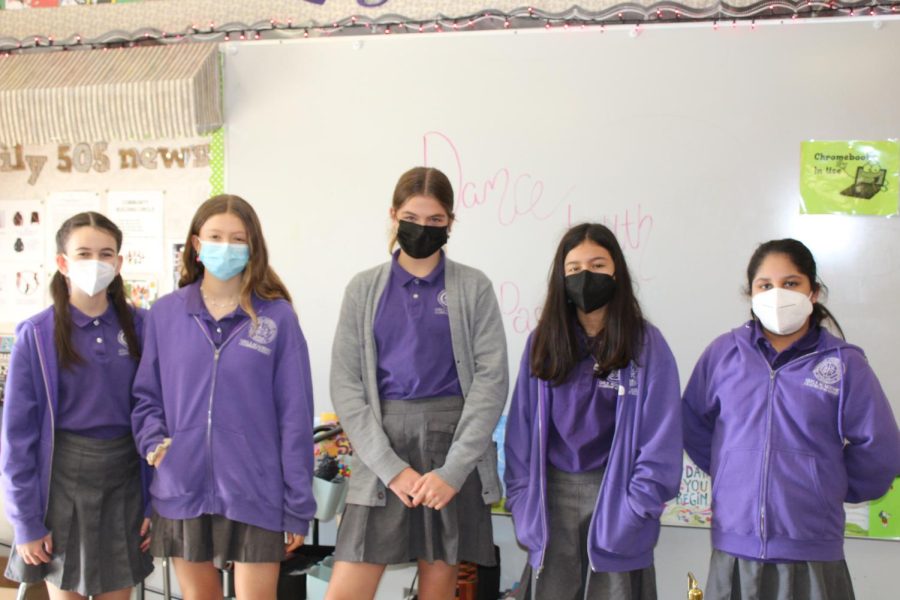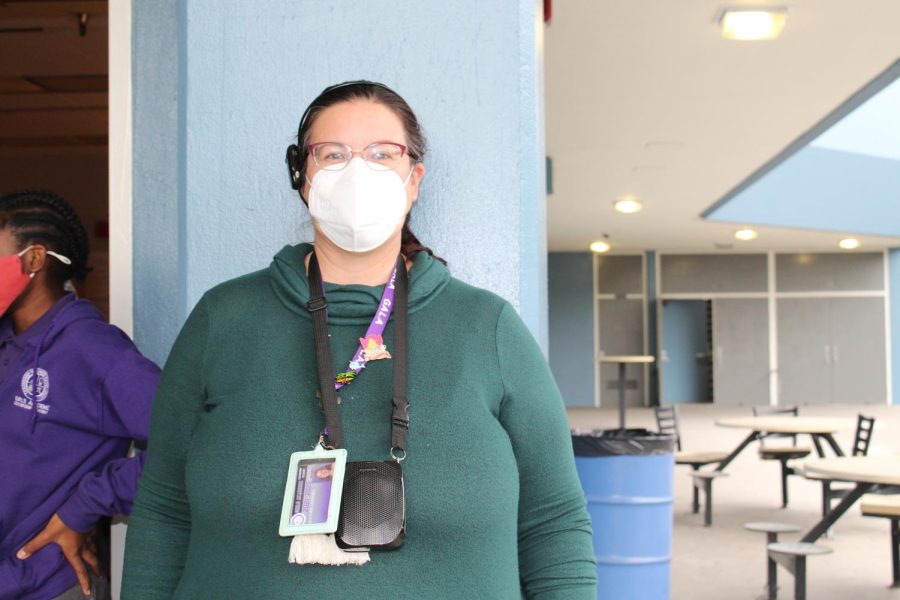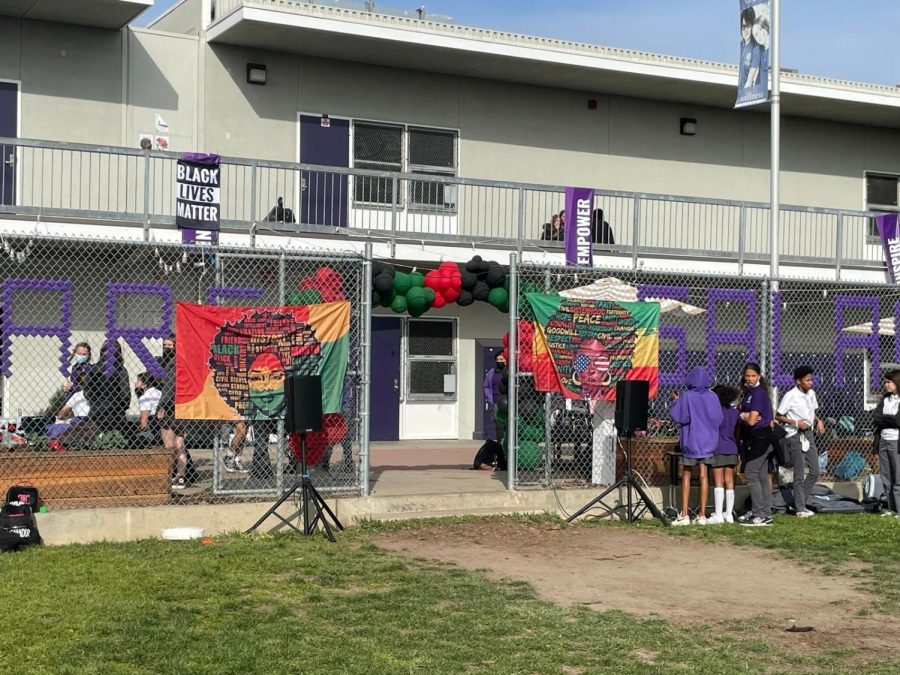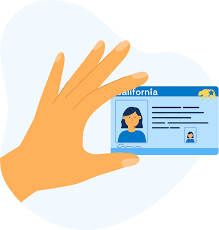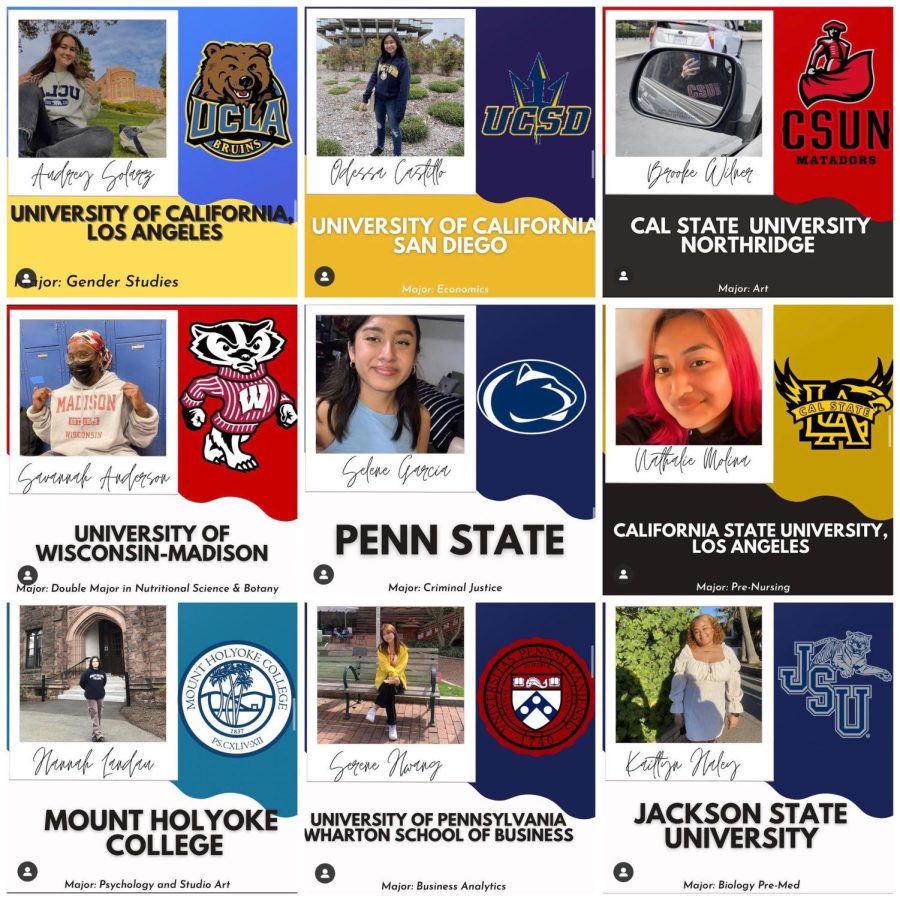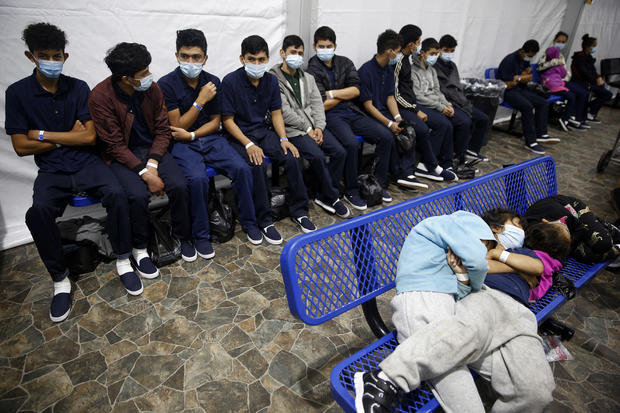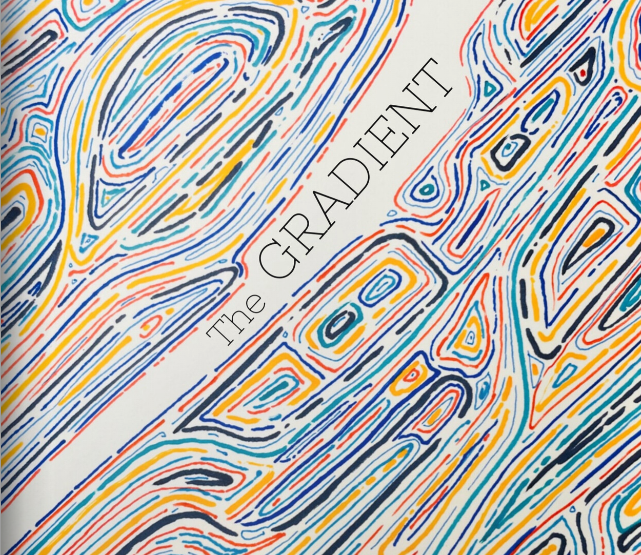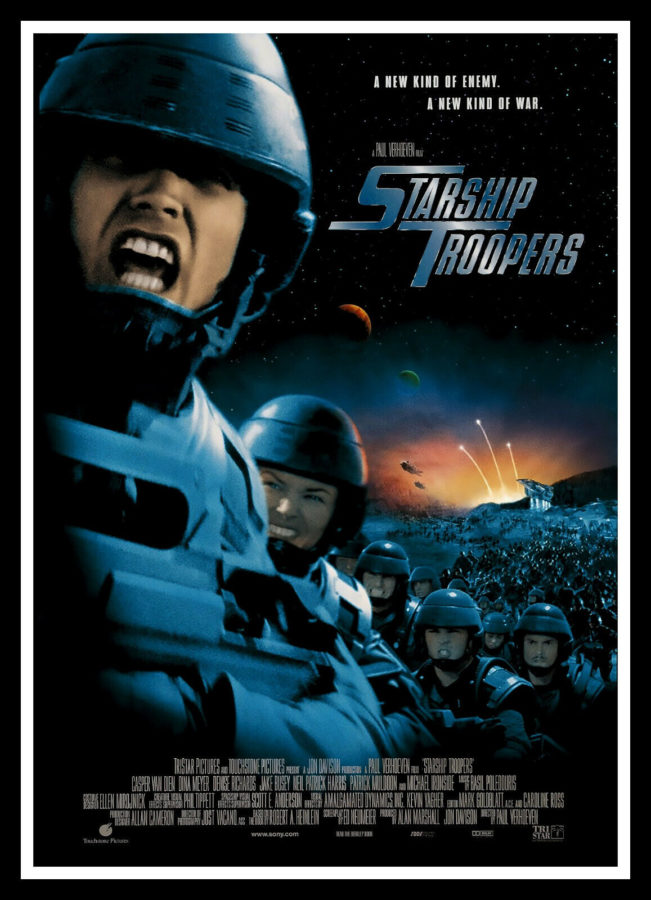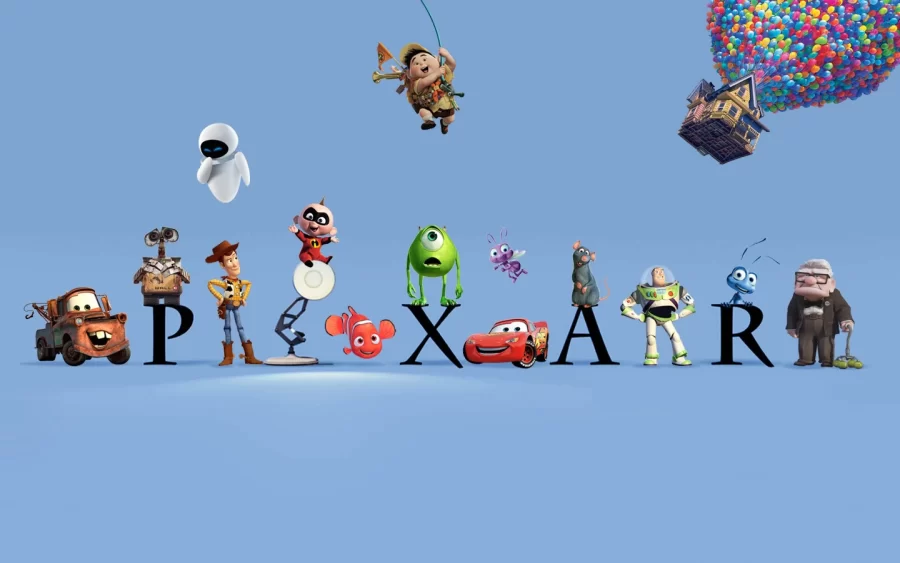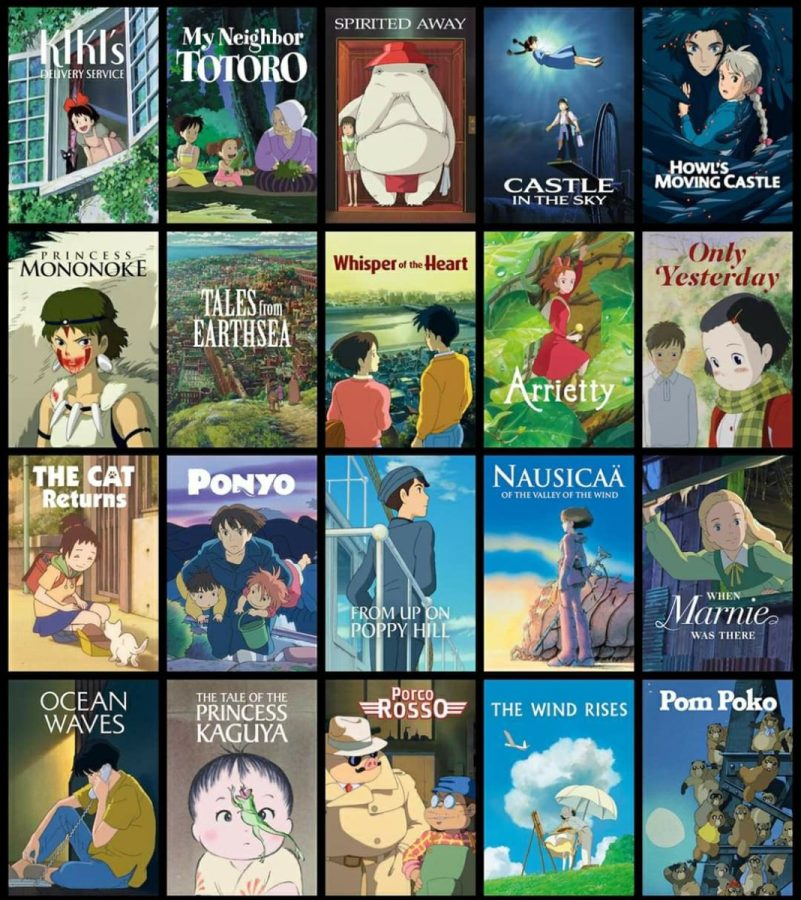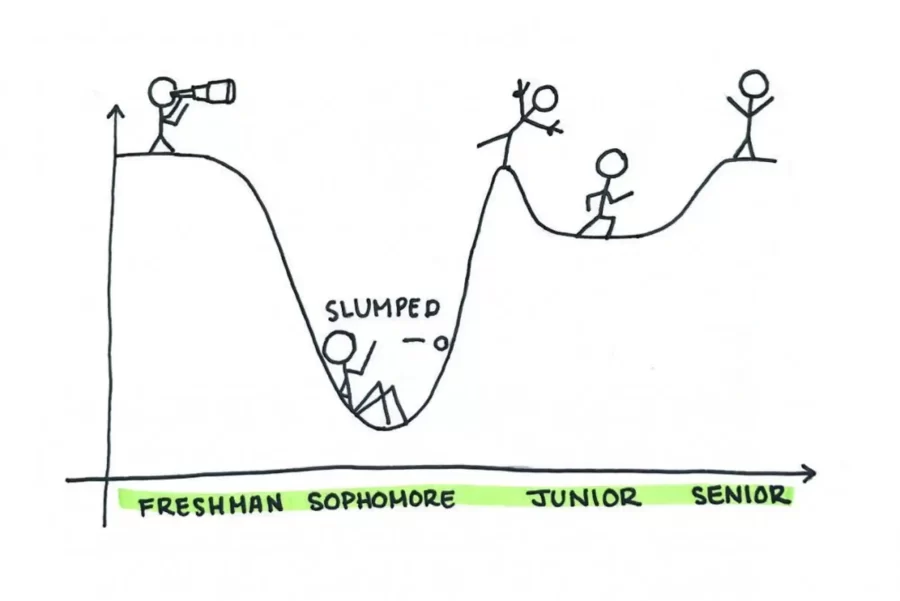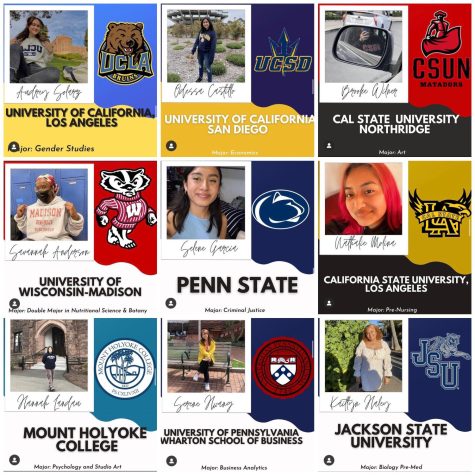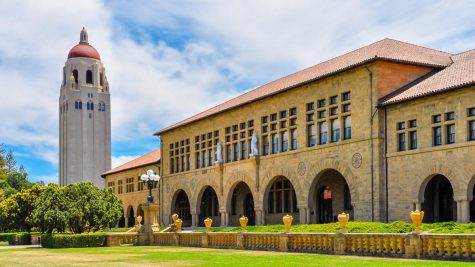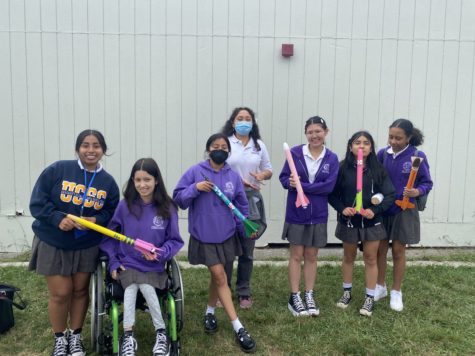What is AP Seminar?

This is College Board’s icon for AP Seminar. (Would work well as a title image.)
Sometime last year, at some point in English class, I remember High School Counselor, Mrs. Hallinan, followed by a row of five 11th graders, stepping to the front of the class to tell us about our course selections. Our futures loomed heavily above us as we juggled with the terrifying freedom of actually having a choice, worried the wrong Google Form bubble would permanently alter our professional futures, cause us great despair (which, for some, proved not entirely wrong), or irreparably ruin our high school transcripts. Some classes were made less intimidating by the 11th-grade testimony, like AP US History and AP Language, but some just got more intimidating, like AP Seminar. None of the junior ambassadors could really explain what AP Seminar was, yet one of the only consistent statements was that it was a lot of work. Much to my continued puzzlement, they all recommended we take it, and had blind faith that Ms. Knopfler knew what she was doing and to just “trust the process” despite the indecipherable explanation. Filling in that bubble on the form felt rather close to being shoved out of a plane with an undeployed parachute and an instruction manual in Swedish: I had to take the class, but I knew so little, and that was a terrifying feeling.
Now, half a year, a bit of trauma, and a smattering of breakdowns later, I can safely and confidently say it is just as hard to explain as everyone makes it out to be. It’s skill-based, like an AP English class, but there’s lots of writing and presenting like an AP science course. The best way I can think to describe Seminar is as something akin to a critical thinking class – more like the kind of philosophy or ethics class one would encounter in college.
What makes AP Seminar such a challenge? Many factors: for one, there is a lot to write, memorize, and present before the beginning of May. The first semester is spent learning very applicable skills in building arguments to later apply to the portfolio due in early May. The first part of the portfolio is the Individual Research Report (IRR) and the Team Multimedia Presentation (TMP). The process is mostly linear: Ms. Knopfler will make groups based on what subject and which people everyone is interested in working with. Then, each group comes up with a research question they’ll ultimately aim to answer in an eight-to-ten-minute presentation. Each person focuses on one part of the topic, finds roughly 15 academic sources on the topic, and makes annotated bibliographies over the course of winter break before writing a 1,200-word research paper on their research in about a week. After that, the group gets back together, and for the next two weeks, the focus is on creating the script and slides for the eight-to-ten-minute presentation. The group gets another week to memorize before presentation day arrives at some point in February. If that wasn’t rigorous enough, throughout this process, Ms. Knopfler isn’t allowed to give feedback on the work, meaning her instructions have to be carefully worded and sometimes very vague.
The next task begins immediately: the Individual Written Argument (IWA) and the Individual Multimedia Presentation (IMP). The College Board issues a stimulus packet with roughly 8 sources in it connected through a common theme. Each student must connect two of these sources, find 13 to 18 other sources on the topic, and synthesize that into a 2,000-word argumentative essay. The next part is making a presentation on this topic, which entails a six-to-eight-minute script and slideshow. While the presentation is shorter, it is individual, meaning each person presents between two to three times the length they did for the TMP. While much of the test prep took place in the first semester, more may occur in the last few weeks leading up to the paper test. After the paper test, AP Seminar is mostly over, and the rest of the year is left to Ms. Knopfler’s discretion.
That said, here are some things that, in my (limited) experience, make AP Seminar easier. Regarding the TMP, it’s essential to pick a topic you care about that all of your group members care about just as much. You’ll be more inclined to want to do research if you enjoy the learning process, and not needing to ask your group members to do their research is wonderful. In the same vein, however, sometimes not being in a group with strangers will make you less willing to give criticism, and there’s something to be said for knowing the study habits and general schedules of the people you’re working with. Additionally, groups that do really well are made of people who are good at taking and giving good criticism, speaking up when they have an idea, and really care about their topic. It’s important to remember that no one should be annoyed at you if you speak up. The thing about group projects is, when you don’t put in your fair share, that comes out of other people’s time, not just yours, and it’s incredibly unfair to the other members if you don’t respond to text chains in a timely manner or pull your fair weight. This project has strict deadlines for a reason, and keeping to those means both you and your team members will have a much less stressful time doing what is an incredibly difficult project. Ultimately, the best tip I can give is to have respect, patience, and integrity.
AP Seminar is all about arguing points, being skeptical, and accepting explanations, even when they go against what you knew before. The learning process of these skills is by no means easy, but these skills are so widely applicable to any field, from every corner of STEM to the humanities. You will get better at thinking critically in regard to others’ papers as well as your own biases, and it makes you a stronger writer, presenter, and arguer. Essentially, the skills you learn are invaluable, but the learning process is painful, and that journey looks different for everybody.
